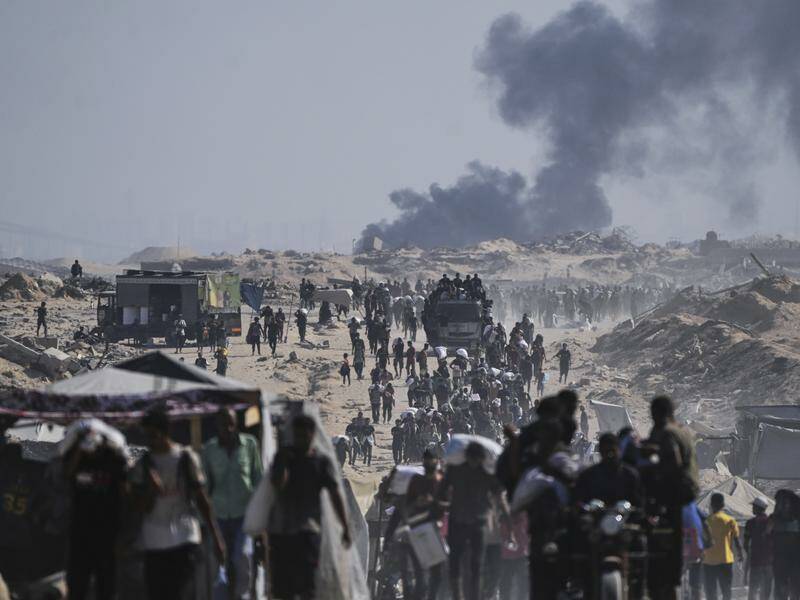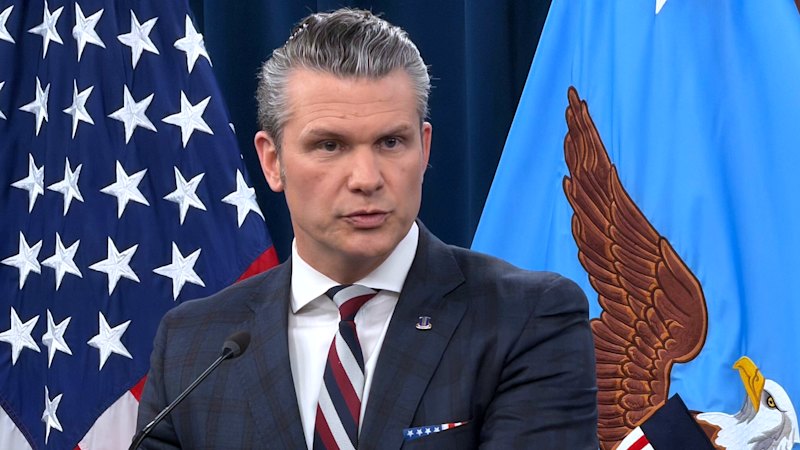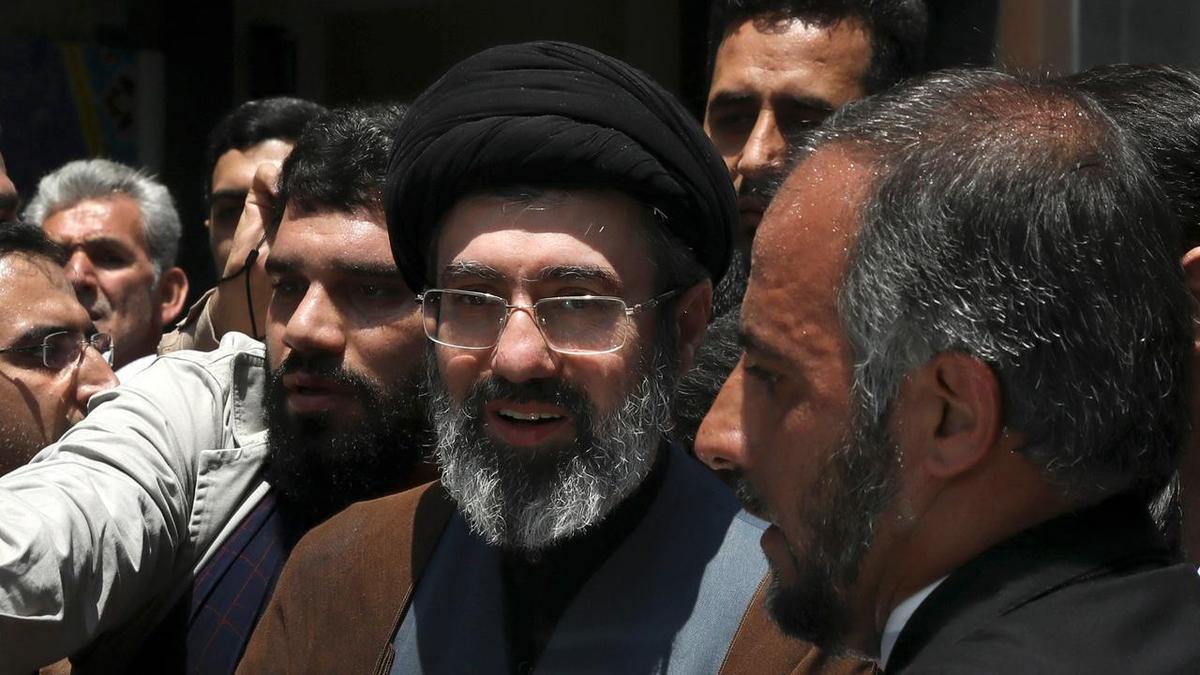
Israel has declared Gaza’s largest city a combat zone as it embarks on a military offensive that has drawn significant international condemnation. The Israeli military announced on Friday, October 27, 2023, that it has suspended humanitarian pauses, which previously allowed aid deliveries from 10:00 to 20:00, to intensify its operations in the area.
The announcement coincided with the recovery of two hostages’ bodies, including that of Ilan Weiss, an Israeli man killed during the attack on October 7, 2023, which ignited the ongoing conflict. The Israeli Prime Minister’s office confirmed the return of these remains, stating, “The campaign to return the hostages continues continuously.” Prime Minister Benjamin Netanyahu vowed to ensure that all hostages, both living and deceased, are brought home.
According to military spokesperson Avichay Adraee, Israel aims to intensify its strikes until it can recover all hostages and dismantle Hamas. Currently, approximately 50 hostages remain in Gaza, with Israeli authorities believing that around 20 of them are alive. The Israeli Hostages and Missing Families Forum has been vocal in its demands for a ceasefire to facilitate the safe return of the captives, urging the government to negotiate until every last hostage is accounted for.
Since the conflict escalated, Gaza has experienced severe humanitarian crises, with the Integrated Food Security Phase Classification (IPC) declaring that the city is now facing famine conditions. The IPC attributes this crisis to ongoing fighting, a blockade restricting aid, widespread displacement, and the collapse of food production. The situation is exacerbated by Israel’s military preparations, which have significantly hindered aid delivery efforts, according to the Norwegian Refugee Council. Spokesperson Shaina Low noted that intensified military actions would further impede aid responses.
The Israeli military has previously implemented “tactical pauses” in Gaza City and surrounding areas in response to global criticism regarding the humanitarian situation. Yet, as of Friday, there was no indication that local residents or aid organizations were notified about the changes in military strategy ahead of the announcement made at 11:30. The United Nations Relief and Works Agency (UNRWA) expressed concerns that the looming offensive could displace an additional one million people, further deepening the humanitarian crisis.
The situation in Gaza City remains dire, with hospitals at risk of losing half of their bed capacity if the military offensive proceeds as planned. The city is known as a stronghold for Hamas, featuring extensive tunnel networks utilized by militants. As Israel continues its operations, the humanitarian implications for the residents of Gaza are becoming increasingly grave, raising alarms within the international community.
The conflict’s escalation highlights the urgent need for diplomatic solutions, as humanitarian agencies call for an immediate reassessment of military strategies to protect civilians and restore access to essential supplies. The unfolding events in Gaza underscore the fragile balance between military objectives and humanitarian imperatives, as the world watches closely.






